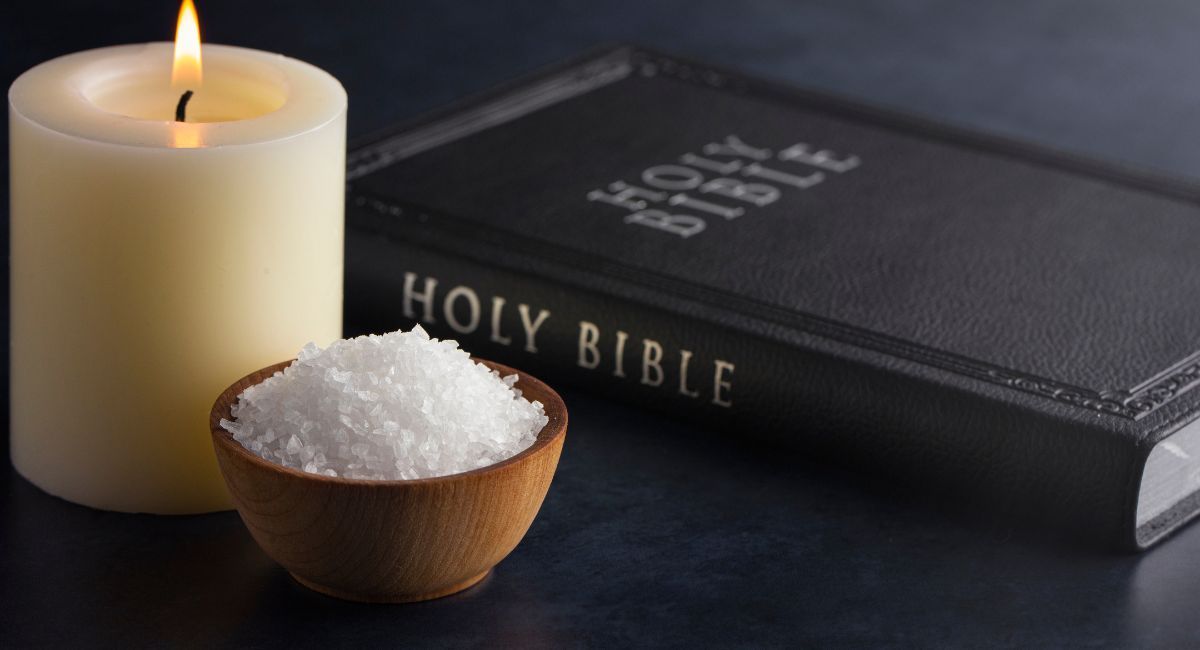Care for the Dead and the Dying
Homily for All Soul’s Day
November 2, 2025
On All Souls’ Day each year, which falls on November 2nd, we pray for all those who have died, certainly including family members and friends, those who died recently, and those who may not have anyone to pray for them. Here, at Our Lady of Peace, it is our tradition to remember in a special way members of our parish who died during the past year.
But today I’d like to take a look at another kind of dying, which I will illustrate with a couple of stories.
Story #1. Last year a man died. We’ll call him Ben, though his name doesn’t really matter. In one form or another we have all known Ben. Ben was seventy-six years old and had been a widower for two years. He was alert, intelligent, healthy and desperately unhappy.
In the spring Ben took a nasty fall. Though the doctors had not felt the injuries were that serious, three days later he was dead. A conclusion that was reached by a number of people who knew Ben was that he simply quit living; he chose no longer to cling to hope. Ben didn’t die from a fall; he died of acute loneliness. Ben had no will to live because his life had become a succession of days that were all yawningly empty.
But perhaps the saddest part of Ben’s story is that he also chose loneliness. After the death of his wife, his family and friends tried constantly to get him out and to get him involved. He was invited on trips, he was invited to join clubs, he was invited to dinners. Ben always refused. And yet, in the next breath he’d be lamenting his loneliness. Ben’s prison of isolation was erected brick by brick, with his own hand.
Story #2. A woman was standing on a curb, waiting for the traffic light to change. On the opposite curb was a girl about 17 years old. The woman noticed that the girl was crying.
When the light changed, each started across the street. Just as they were about to meet, the woman’s motherly instincts came rushing to the surface. Every part of her wanted to reach out and comfort that girl. But the woman passed her by. She didn’t even greet her; she just kept going.
Hours later the tear-filled eyes of that girl continued to haunt the woman. Over and over she said to herself, “Why didn’t I turn to her and say, ‘Can I be of help?’ Sure, she might have rejected me, but so what! Only a few seconds would have been enough to let her know that someone cared for her. Instead, I passed on by. I acted as if she didn’t exist.”
In the first story, we have a kind of death from the inside. Ben chooses to remain in his self-imposed prison of loneliness, rejecting all offers of help of any kind.
In the second story, when the woman says I acted as if she didn’t even exist, she feels that she has missed an opportunity to so much as smile. Admittedly, it’s an awkward situation, and we want to respect peoples’ privacy, and there’s so little time to think about it. But there’s a lesson in it, nonetheless. Let’s see if we can apply that lesson to a growing area of concern.
For many of our neighbors, decisions made in Washington mean that food assistance may be decreased or eliminated. It’s important for us to know the facts. We’re not talking about lazy people, or substance abusers (although there may be some). In many cases, we’re talking about children, or people who happen to have lost their job, or single mothers trying to hold onto two part-time jobs while providing for their family. Some time ago, it was reported to me that a student at the Tech School was hoping it wouldn’t snow the next day. He said, “If there’s no school, I’ll have nothing to eat.”
What do we do? Do we let them go hungry? Do we let innocent children suffer? Do we ignore them because it’s not our problem? Do we act as if these people don’t exist?
On this All Souls’ Day, how appropriate it is to pray for those who have died. But let’s not forget all those who, in one way or another, may be slowly dying. Dying for food. Dying for comfort. Dying because no one seems to care. Dying to have their dignity and their humanity respected. Dying because they’ve had bad luck. If we’re praying for All Souls, let us not forget that the poor and vulnerable also have souls. If we can make a difference, let us not be guilty of neglect. Let us share what we can, let us join together in a common cause, let us use some of our treasure to show that we treasure All Souls! They don’t have to be dead for us to care about them.




